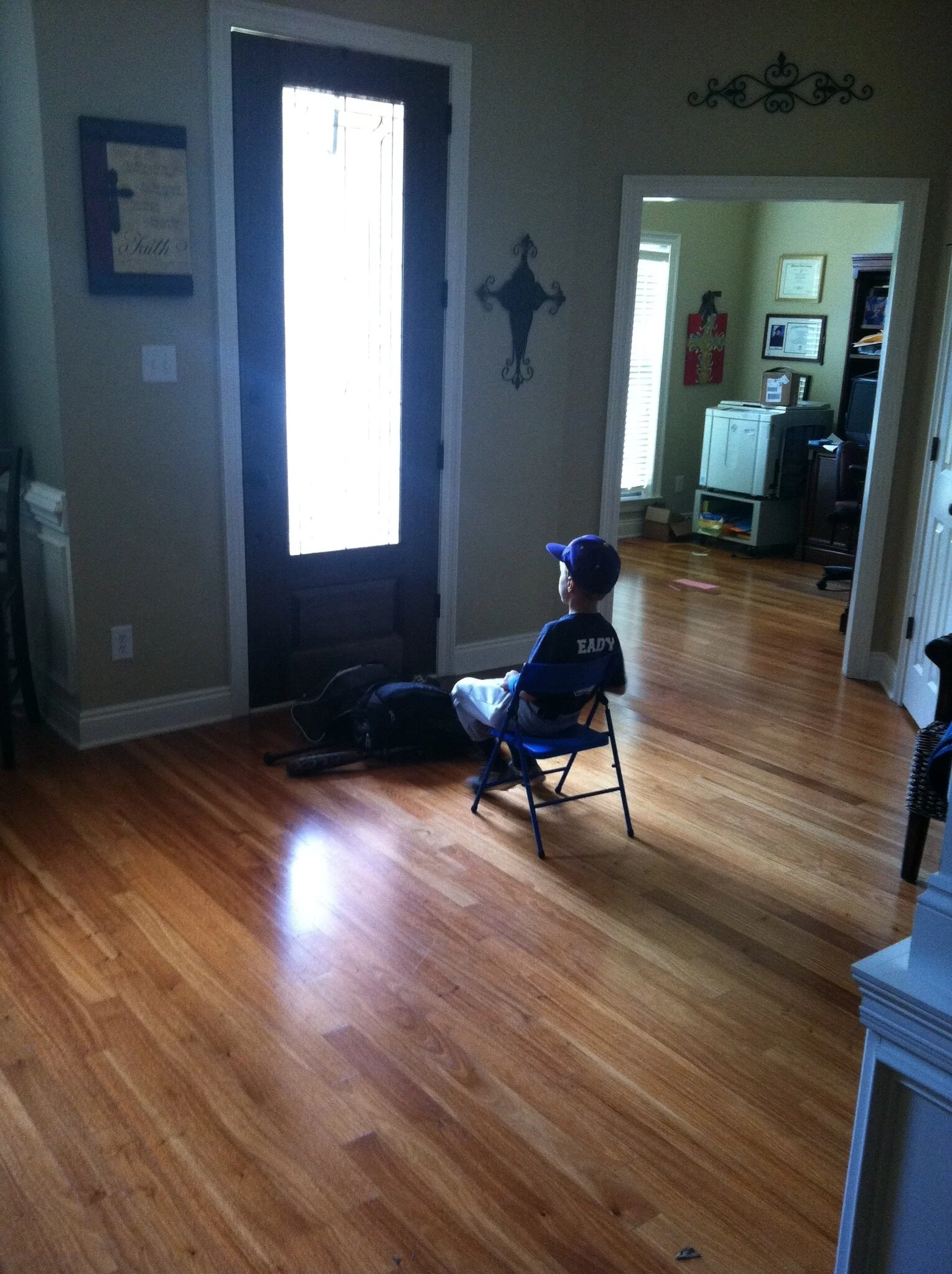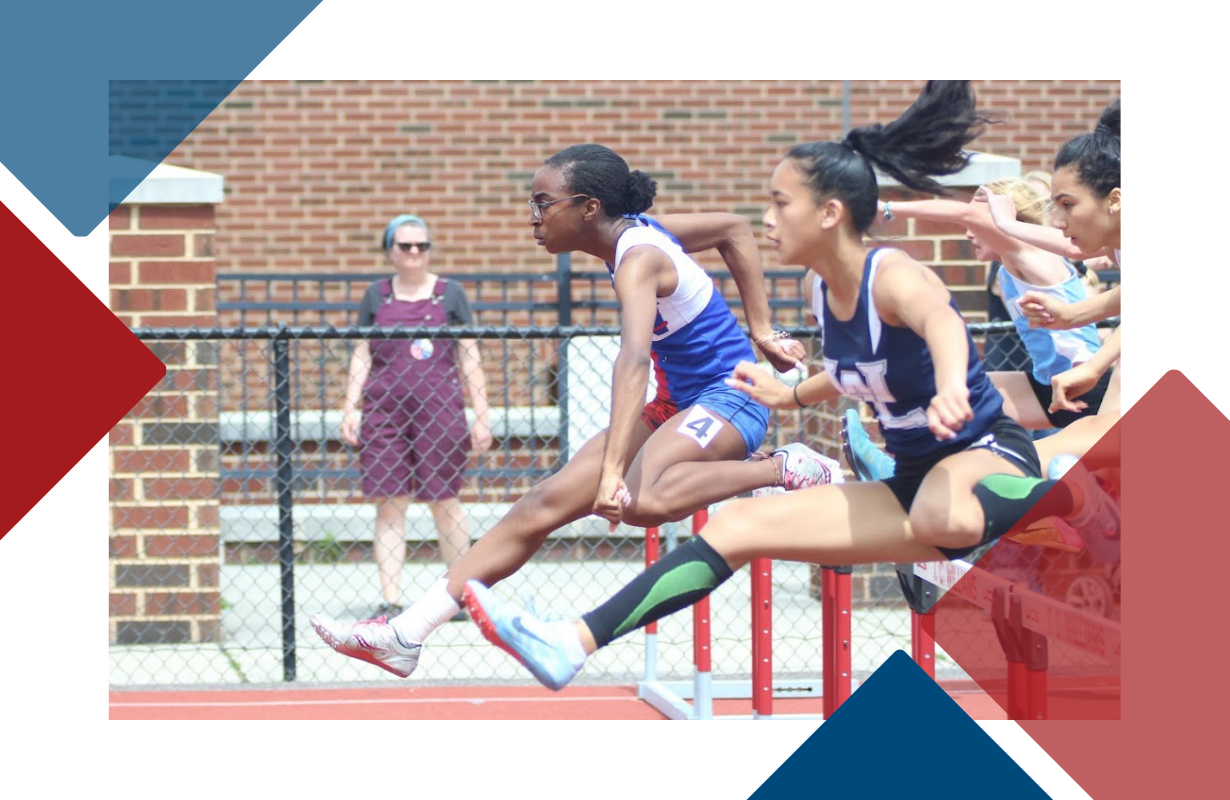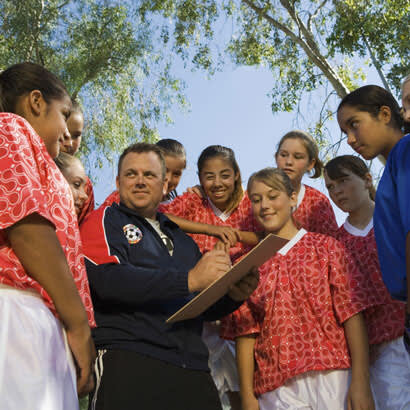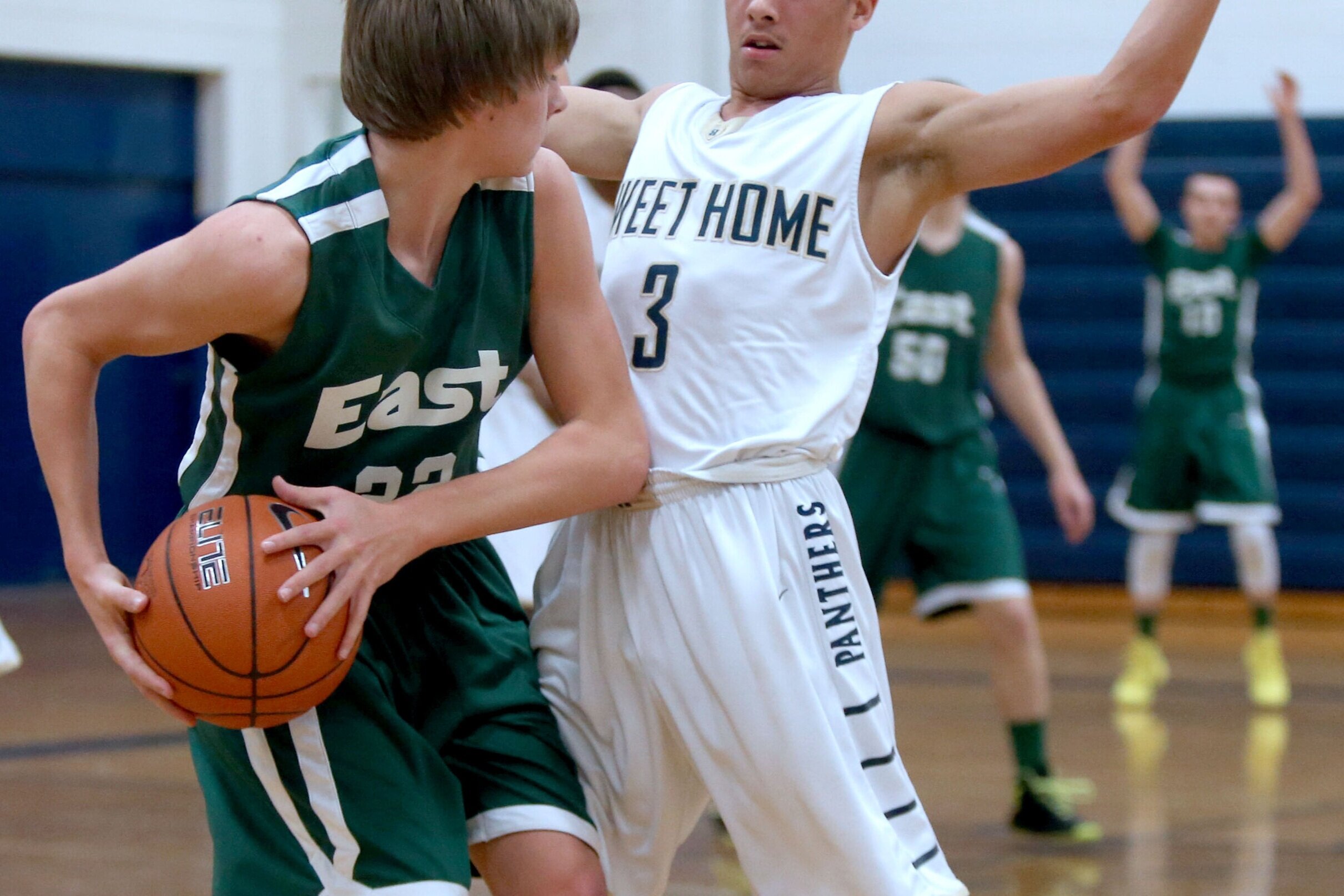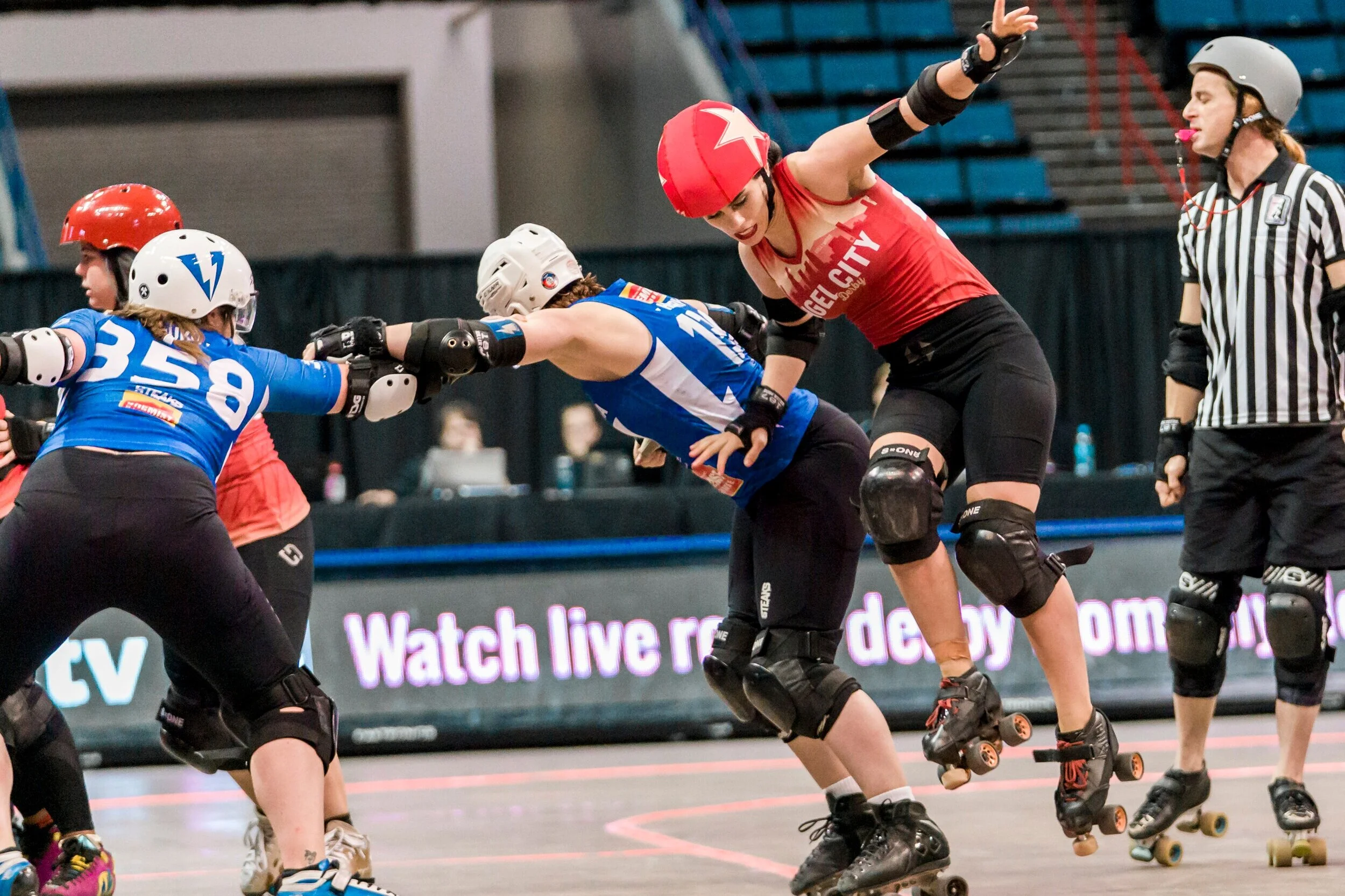As the sports world began to shut down, Project Play collected emerging themes related to youth sports. These mini-blogs were collected from March 13 to March 23.
After the NBA suspended its season on March 12, nearly every professional and college sports entity followed suit over the next 24 hours. The response from youth sports organizers was less uniform, emblematic of the disjointed nature of the ecosystem. While national sport governing bodies offer recommendations, decision-making in youth sports exists largely at the local and league levels.
Many providers have fallen in line, especially after March 13 when a wave of school closures across the country were announced. That limits access to field and gym space at school sites. The New York Times detailed the heartbreak occurring around the country from cancelled games. Yet too many youth sports organizations have continued to play. Below are themes that have emerged around the country.
USSSA finally suspends tournaments
The United States Specialty Sports Association is a major provider of travel team tournaments, particularly in baseball, softball, volleyball, soccer and lacrosse. Even after much of the country went into shutdown mode, the USSSA continued to operate as scheduled while implementing a no-contact, no-handshake rule.
That finally changed on March 17, when the USSSA suspended sanctioned events in the U.S. and Canada until further notice. Yet the USSSA still seemed to hold out hope of returning after one week, saying it will evaluate the situation weekly to determine when some sanctioned events can continue in certain parts of the country. “Good call, should’ve been made a long time ago when every other sport in the country made the decision,” @marinehel wrote on Twitter in response to the USSSA. “Gotta love the baseball parent madness.”
In Panama City Beach, Florida, the USSSA still held the Luck of the Irish Softball Tournament over the March 14 weekend, according to mypanhandle.com. The tournament usually draws 20 teams, but only seven came due to “a little bit of paranoia,” tournament director Jeff Strode told mypanhandle.com.
There were mixed reactions from parents under the USSSA’s March 12 tweet about continuing to play. Some people were pleased that the games continued. “USSSA does not make teams play in their tournaments,” @wgaryjones22 wrote March 12. “If the coaches/parents decide to play in the tournament, then it is on them not USSSA.”
Many others were irate. “When everyone else is shutting things down completely, your response is to just not shake hands. Unbelievable,” @CaseyDaleJones wrote March 12. Another parent, @annie_merchant, wrote on March 13: “This is an irresponsible decision. For the tournament in Maryland this weekend, I imagine there will be more than 250 people at any given point, including my son. The entire state has no school for the next two weeks. MLB and Little League International are being proactive.”
Coaches still want to play in North Carolina, South Carolina
Travel baseball games continued in North Carolina and South Carolina over the March 14 weekend. Greg Lewis, a baseball tournament director for Top Gun Baseball, said the games were shut down once governors in those states announced school closures over the weekend.
“Does it effect the income and the economy and how we make a living? Most definitely it does,” Lewis said. “But bigger picture, you’ve got to do what’s right at the community level as a whole. Teams are still wanting to play and calling like crazy, ‘Is there anywhere to play?’ It’s crazy. I guess they’re not looking at it as big a deal as the media makes it out to be.”
One North Carolina baseball parent, who asked not to be identified, said he did not allow his 14-year-old son to attend travel practice on March 14. Nine of the 12 players attended practice. “I love baseball as much as the next person, but some things are more important,” the parent said. “I think it’s kind of the travel ball mindset. They just want to play at all costs. This is probably our last season.”
Virtual training is taking off
One trend to keep an eye on during the lockdown – virtual training of youth and high school athletes. For example, in Wall Township, New Jersey, the Old Bridge Girls Soccer League came up with free virtual soccer practices to help keep players engaged during this stressful time.
“The kids look forward to their weekly practices with their teammates and us, the coaches,” coach Will Gould told Tap Into Piscataway. “Soccer is a social, team-driven sport and for a lot of the kids, it is an outlet away from their day-to-day stresses. Our hope is that by logging on to our Facebook or Instagram live feed and training along with us and the other players who join, it’ll give the kids a safe place to be and work through this tough time.”
Owners and operators of Method MMA in Forest Hill, Maryland, provide Brazilian jiu-jitsu training via livestream in an attempt to keep their sport clients active and progressing while their gym is closed. The San Clemente Surf Soccer Club in California has sent players virtual training plans designed from professional youth academies that tracks progress in areas like juggling, fitness and running. Players are encouraged to email their running circuit scores to a coach once a week and write personal reflections in a diary. Virtual training like this will likely take off during the shutdown.
The power of the president and national sport organizations is evident
Until March 16, gymnastics training for kids at a gym in Los Angeles continued in full force. Spring camps remained open. So did practices and training for kids of all ages and abilities.
“I think it’s crazy,” said one parent, who stopped sending her daughter to the gym. “The point is to keep social distancing, and in gymnastics, the kids are on top of each other and the equipment. There’s no way to stop any illness from being spread by these kids. USA Gymnastics cancelled its state meets and didn’t give any guidance to the member gyms on what to do.”
One day later, after President Donald Trump recommended no gatherings of more than 10 people, USA Gymnastics strongly urged all club owners to review the latest CDC guidelines and err on the side of caution. The Los Angeles gym closed.
How Seattle is coping
Seattle has been the epicenter of the initial virus outbreak. There, schools are closed until late April, which puts pressure not just on youth teams that use their facilities but after-school programs. For instance, the area’s prominent Ultimate Frisbee organization (DiscNW) warned its programs that because field permits are cancelled, the league’s insurance will not be in effect until after April 24 at the earliest. Anyone who uses public fields will not be covered.
“We are trying to partner up with local care-giving groups to provide support and small-scale programs that double as affordable childcare,” said Caitlin Pontrella of Parkour Visions, a nonprofit in Seattle. “Parents mostly want to avoid groups but are also stuck with the need for childcare and to balance work.”
What happens to kids in disadvantaged homes?
Among the children most affected: those disadvantaged homes. In a note to its network, Coaching Corps, a Bay Area non-profit with programs in 150 communities, highlighted the disproportionate impact on some families. “Millions of parents and caretakers who aren't afforded sick pay or the ability to work from their home are facing the immediate and painful decision to leave their children without the critical support of instructors and institutions that keep them safe, fed, and out of trouble,” CEO Janet Carter wrote, requesting the help of volunteers who are not in high-risk infection areas (signup form here).
In baseball, the Anderson Monarchs team in Philadelphia (where Mo’Ne Davis once played) suspended activities until at least March 23. “We recognize this decision will create inconvenience for many families,” the Monarchs wrote. “We know that many players rely on our program for structure, positive adult and peer interactions, and opportunities for safe, healthy activities. … We feel it’s our duty to make scientifically informed decisions and to keep the greater good in mind at all times.” If the postponement lasts longer, the Monarchs said they may create player instruction, exercise and interaction via web platforms.
Impact on youth sports registrations
One major question that youth sports organizers will have to tackle is potential declines in registration once sports return on a regular basis. It seems likely that registration will decline in the coming weeks and perhaps months, depending on how long it takes to get the threat under control.
LeagueApps processed over 20,000 youth sports registrations on March 13-14, according to Brian Litvack, CEO and founder of LeagueApps. “It’s less than usual, but it’s still an inspiring number,” Litvack said. “That’s a lot of optimistic families ready to take the field soon. In 2008, we all learned that youth sports were ‘recession-proof.’ … In 2020, we’re going to show the world that our sports communities are ‘pandemic-proof.’”
Changing youth sports for the better
As we push forward during this difficult time, it’s worth asking: Could youth sports benefit in the long run due to this shutdown? “In the long term, I hope this shutdown sparks the return of free play for more kids,” said Jon Solomon, Aspen Institute Sports & Society Program editorial director. “I’ve been pleasantly surprised in my neighborhood to see so many kids outside riding bikes and scooters, shooting baskets, and going for walks – while keeping appropriate social distancing. With no organized sports taking up their time and energy, they’re playing on their terms. The key will be parents recognizing this happening and allowing it to continue in the future.”
Tom Farrey, executive director of the Sports & Society Program, said the time away will make the public more fully appreciate the role that sport plays in building healthy communities. “My hope is that when play resumes, we don’t just go back to the same old, same ole,” Farrey said. “That we do so with more balance, incorporating some of the things we learned and habits we formed during the hiatus, and with a heightened respect for the needs of the kids who are currently pushed out and locked out of sports due to cost, ability or zip code.” Read Tom’s letter on why youth sports and physical activity will be a key part of the recovery.
We have launched a weekly series of reports on the latest developments in youth sports and physical activity related to COVID-19. Do you have a topic that you would like Project Play to explore in future COVID-19 youth sports coverage? Email Jon Solomon at jon.solomon@aspeninstitute.org.

